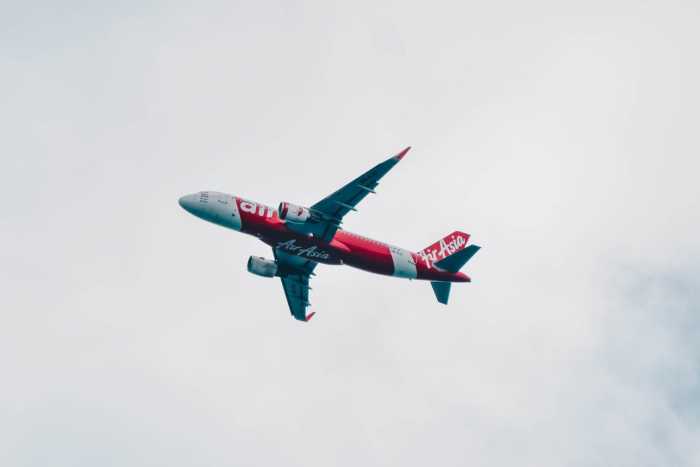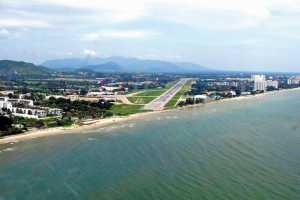
THAI and AirAsia Execs Discuss Possible Alliance
14th Mar 2013

The recent meeting of the two executives from two rival carriers, Thai Airways and AirAsia, has raised many eyebrows in Thailand.
Sorajak Kasemsuvan, the flag carrier's President made an effort to seek audience with his counterpart, Tony Fernandes, who heads the first and largest low-cost carrier in Asia.
The two airlines have become fierce rivals, especially in the domestic front, after AirAsia's local subsidiary, Thai AirAsia, began to eat into the captive domestic market of Thai Airways, eroding the latter's market share in the process, thereby stripping off its dominance in domestic air travel market.
The meeting was the first of its kind between top executives of rival airlines.
The entry of AirAsia in Thailand through its subsidiary, Thai AirAsia, has eroded much of THAI's sizable share in the domestic travel market.
The THAI executive said that the two airlines are exploring possibilities of forging an alliance that would be mutually beneficial to both parties. One possibility is entering into partnership through code-share agreement.
He also said that two other proposals were made during his meeting with Tony Fernandes. These include the creation of pilot training pool involving the two competing airlines plus the addition of Bangkok Airways and the possible sharing of its aircraft maintenance services with AirAsia.
The move of Mr. Sorajak, who stepped on the helm just October last year, was not welcomed by many of the flag carrier's old guards, especially its plan to forge partnership through code-share agreement with AirAsia.
The flag carrier made an effort to quell Thai AirAsia's swift expansion into the domestic territory by setting up an alliance with Singapore's Tiger Airways to form their own low-cost airline. The attempt fell by the wayside as the 51:49 partnership was considered disadvantageous to the country's domestic travel industry.
THAI eventually put up a wholly-owned subsidiary, Thai Smile, in the middle of last year.
Many observers believe that the code-share agreement being planned between the full-service airline and a budget carrier is quite odd as it won't sustain THAI's business long enough, considering the difference in their business model.
But according to TAA's CEO, Tassapon Bijleveld, the radical move made by THAI's President should be treated as a strategic action.
The flag carrier's CEO is eying a unified aviation industry in the country with competing locally-based airlines forging alliance, except perhaps for the marketing aspect of the individual carriers.
The code-share agreement between the budget model and a full-service model would certainly work as any other partnership of same business models provided that both airlines complement each other, especially in services where the other doesn't offer.
A joint committee has already been put in place to strengthen the partnership between the two airlines.









